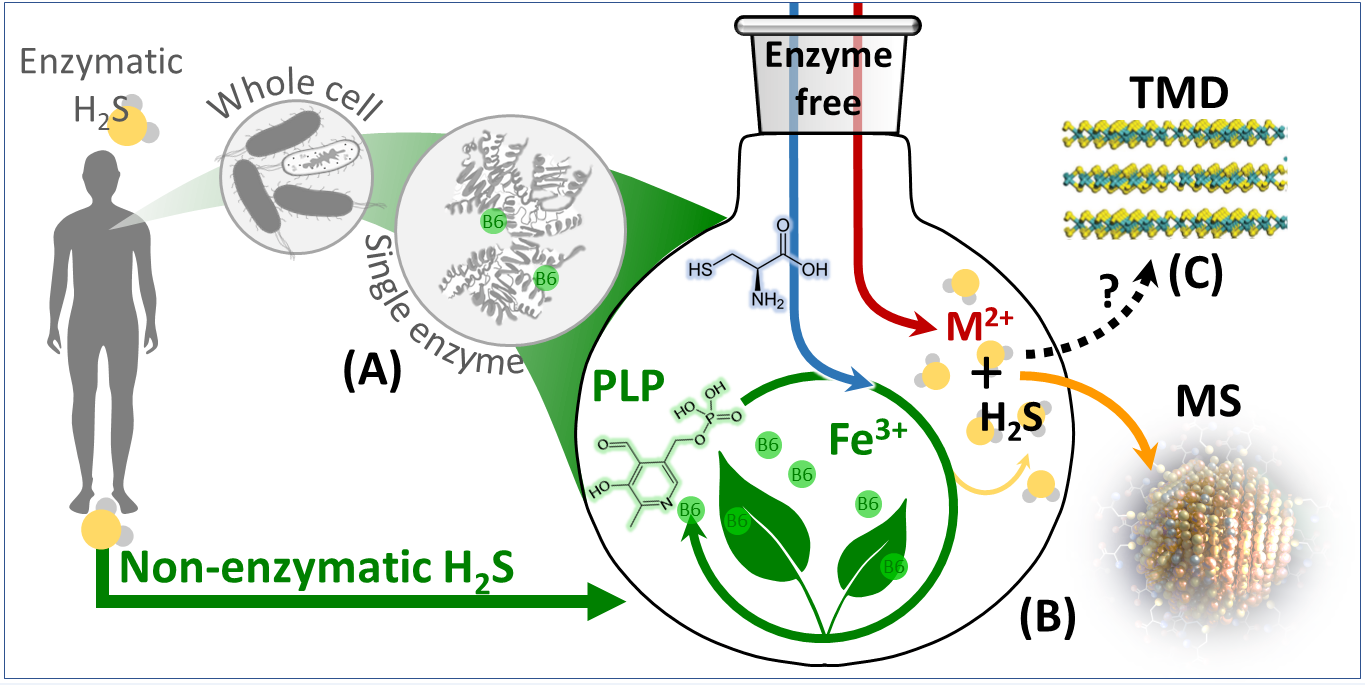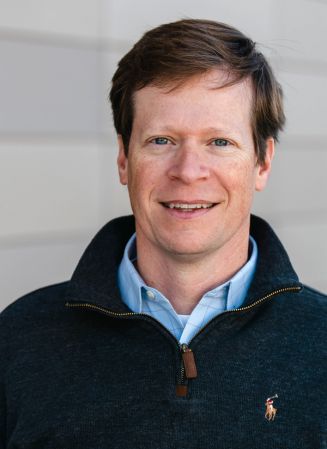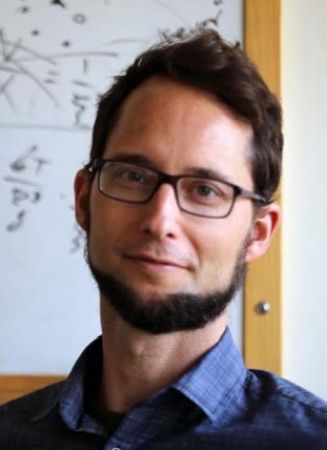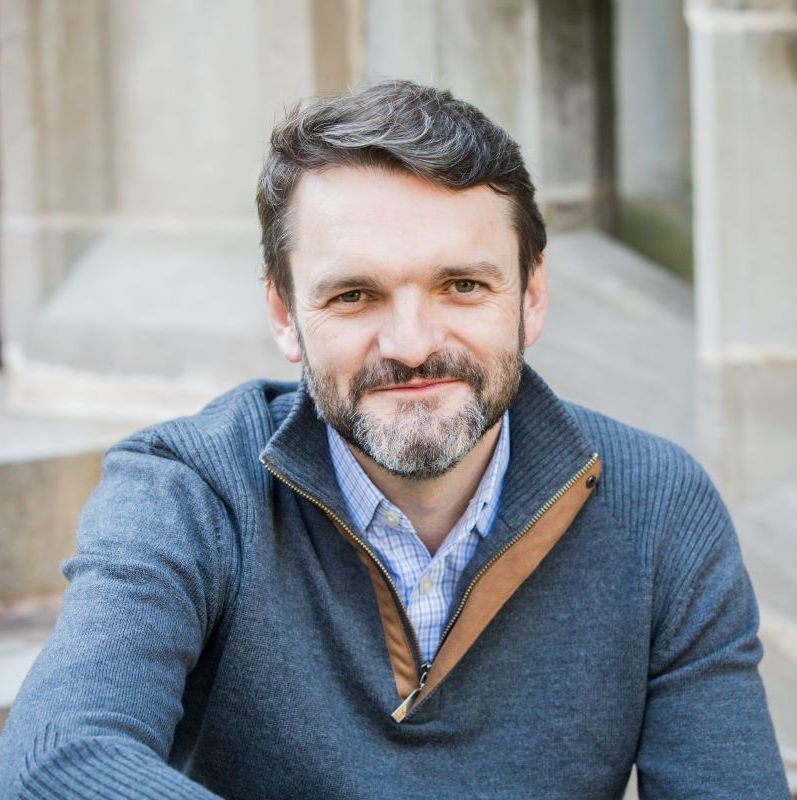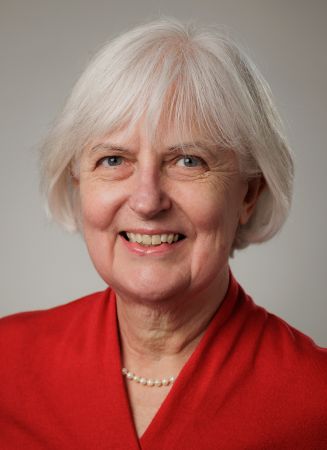Both Lehigh CORE grants are a result of a focused effort by the Institute for Functional Materials and Devices (IFMD) Thrust "CHARISMA - Complex Hierarchies for Active/Responsive/Intelligent Soft Matter Assembly", led by James Gilchrist, Ruth H. and Sam Madrid Professor of Chemical & Biomolecular Engineering. CHARISMA is a multidisciplinary group of soft matter researchers who are developing new collaborations. "This spring we purposefully brought together researchers in our thrust to focus on seed grants that can be leveraged toward collaborative research, and we are very happy two LU CORE grants were awarded to our ideas” says Gilchrist.
Core Project, COREAWD40: Tuning Mineral Architecture in Bioinspired Gels through Magnetically Induced Stress and Transport
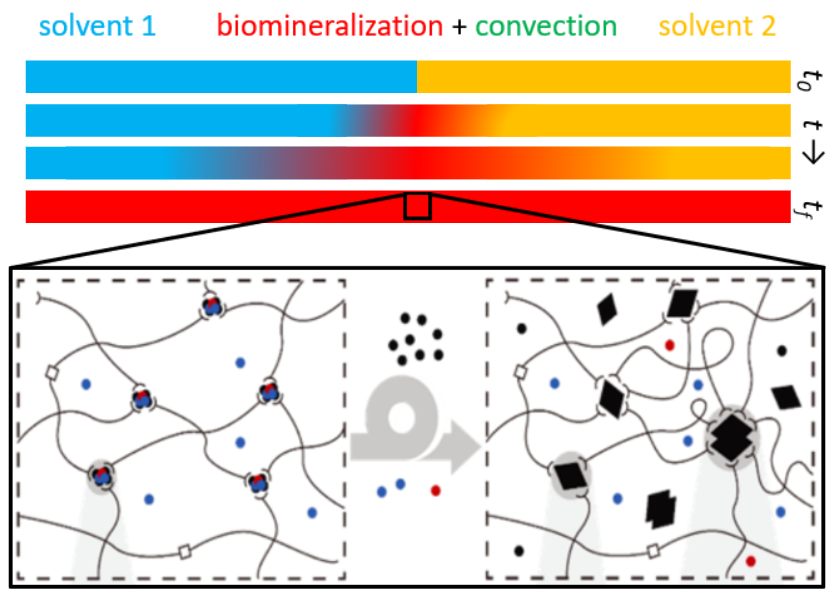
Niels Holten-Andersen, Associate Professor, Bioengineering and Materials Science & Engineering serves as the PI with co-PI James Gilchrist, Ruth H. and Sam Madrid Professor of Chemical and Biomolecular Engineering.
From abalone shells to tendons, nature displays a wide array of organic–inorganic composites with a broad spectrum of mechanical properties spanning from hard and fracture resistant to soft and tough without modulating temperature. This research will develop novel methods of modulating biomineralization with local, magnetically-induced stress in gels that allows the tuning of final material properties at constant temperature. This work may lead to 3D printable inks that allow flexibility in both spatial and materials design.
CORE Project, COREAWD39: Sustainable Synthesis of Functional ‘Green’ Energy Materials
Mark A. Snyder, Professor, Chemical & Biomolecular Engineering serves as PI with three co-PIs to include, Christopher J. Kiely, Harold B. Chambers Senior Professor, Chemical & Biomolecular Engineering, Materials Science & Engineering; Steven McIntosh, Professor and Department Chair; Zisman Family Professor of Chemical and Biomolecular Engineering; and Elsa Reichmanis, Professor and Carl Robert Anderson Chair in Chemical Engineering, Chemical & Biomolecular Engineering.
The overarching goal of this CORE proposal is to develop strategies for the sustainable synthesis of 'green' layered nanomaterials that hold promise for applications ranging among catalysts for clean hydrogen and greenhouse gas conversion as well as anode materials enabling progress away from Li and toward Na-ion batteries. Our team is motivated by the concept that the true viability of ‘green’ energy solutions must consider cradle-to-grave sustainability, including the synthesis, processing, and composition of functional materials at the heart of those technologies. The project is founded upon the success that Kiely, McIntosh, and Snyder have had over the past 5+ years leveraging NSF-Sustainable Nanomanufacturing funding to establish aqueous, low-temperature routes to functional, multi-component quantum dots (transition metal chalcogenides) and corresponding heterostructures that show promise as photocatalysts for H2 generation and even in sensitive biological applications.
In this new CORE project, the collaborative team aims to systematically unravel complexities of aqueous, low-temperature synthesis and engineering of size-tunable transition metal dichalcogenides (TMDs), a class of materials endowed with intrinsic optoelectronic character and distinct layered structures. Specifically, will explore how structural and atomic defects—perceived as intrinsic limits to low-temperature, aqueous synthesis of metal chalcogenides—might be exploited for facile engineering of active sites and otherwise challenging control of polymorphism within TMDs. The addition of Reichmanis, an expert in battery technologies, to the team is critical as they explore Na-ion anode applications of these materials. Success of this project will help continue to build expertise and impact in the design and engineering of sustainable materials at the core of current and future 'green' energy solutions.
Department/Program:

